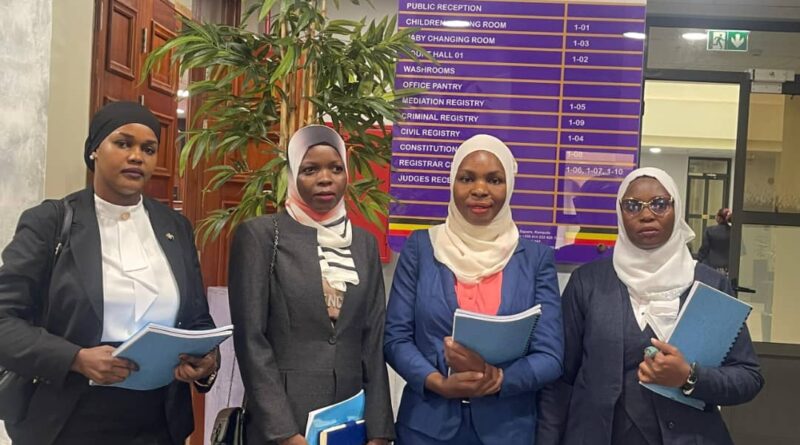Muslim Women Petition Court Over Abortion Law
Two Muslim women, Gimbo Hajira and Mutesi Zaituna, together with the Islamic Women’s Initiative for Justice, Law and Peace (IWILAP), have filed a constitutional petition challenging Uganda’s abortion law, arguing that it denies Muslim women broader religious exceptions permitted in Islam.
The petition, lodged against the Attorney General, contests Sections 130, 131, and 207 of the Penal Code Act, Cap 128, which criminalize abortion without exceptions for rape, incest, mental illness, or serious threats to a mother’s mental health and dignity.
The petitioners say the provisions violate Articles 29(1)(c) and 37 of the Constitution, which guarantee freedom of religion and culture.
They argue that Islamic jurisprudence permits abortion in specific circumstances, including rape, incest, or mental illness, particularly before 120 days of pregnancy the point of ensoulment under Islamic law.
“Ugandan Muslim women face heightened barriers to accessing safe abortion due to stigma, restrictive laws, and misinterpretations of faith. Denying abortion in cases of rape, incest, or mental illness is both a health crisis and a denial of dignity,” the petition states.
The petitioners want the Constitutional Court to declare the contested Penal Code provisions unconstitutional and to recognize that abortion performed within Islamically acceptable limits — up to 120 days in cases of rape, incest, mental illness, or to protect dignity — is lawful. They also call for amendments to decriminalize women and doctors acting within such exceptions.
They cite Uganda’s international obligations under the Convention on the Elimination of All Forms of Discrimination Against Women (CEDAW), which in 2022 urged Uganda to legalize abortion in cases of rape and incest and to broaden access to reproductive health services.
The petitioners point to other African countries that have adopted progressive reforms in line with Islamic and constitutional values.
Tunisia permits abortion up to three months, Zimbabwe’s courts struck down restrictions in cases of rape and incest, while Rwanda allows abortion in cases of rape and incest.
They now await the Constitutional Court’s ruling, expressing hope that it will uphold Muslim women’s rights to reproductive health, religion, and culture.




